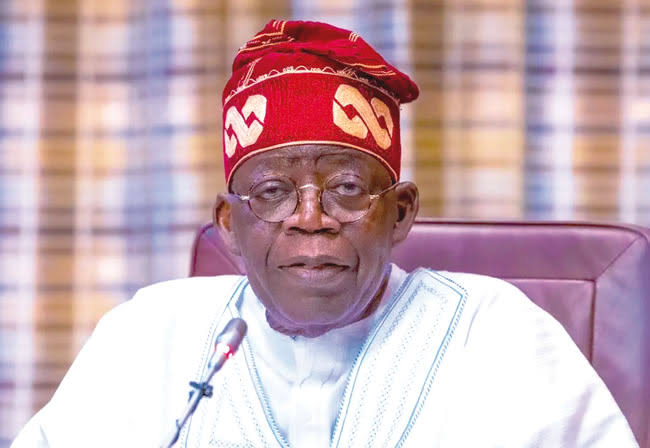The Minister of Budget and Economic Planning, Abubakar Bagudu, revealed that the proposed 2025 budget is set at N47.9 trillion, with new borrowings of N9.22 trillion to finance the deficit. Bagudu disclosed this information to State House Correspondents following this week’s Federal Executive Council (FEC) meeting at the Aso Rock Villa in Abuja.
He explained, “The Federal Executive Council has approved a memorandum presented by the Ministry of Budget and Economic Planning, which was introduced by the Director-General of the Budget Office, Mr. Tanimu Yakubu, outlining the Medium-Term Expenditure Framework and Fiscal Strategy Paper for 2025–2027.”
The approval follows weeks of delays as President Bola Tinubu prepares to present his second budget proposal to the National Assembly since taking office in May 2023.
The MTEF, a vital tool for shaping the government’s fiscal strategy over a three-year period, provides key macroeconomic assumptions and targets that guide national budgeting. It outlines projections for critical economic indicators such as oil prices, exchange rates, inflation, and growth rates.
For the 2025–2027 period, the MTEF sets key parameters, including an oil price benchmark of $75 per barrel, an oil production target of 2.06 million barrels per day, an exchange rate of N1,400 to the US dollar, and a GDP growth rate of 4.6 percent.
The federal government’s total expenditure for 2025 is projected at N47.9 trillion, with borrowing estimated at N13.8 trillion, or 3.87 percent of GDP.
“The 2025–2027 MTEF sets the oil price benchmark for 2025 at $75 per barrel, with a target of 2.06 million barrels per day in oil production. The exchange rate is projected at N1,400 to the dollar, and the GDP growth rate is targeted at 4.6 percent,” Bagudu said.
He added, “For 2025, the aggregate expenditure is estimated at N47.9 trillion, which includes borrowing of N9.22 trillion to finance the budget deficit. We are also focused on sustaining market deregulation in petroleum prices and exchange rates, urging the Nigerian National Petroleum Corporation Limited to reduce its oil and gas production costs significantly, and considering necessary amendments to the Petroleum Industry Act of 2021 to address potential risks to the Federation.”
While the framework also includes projections for 2026 and 2027, Bagudu emphasized that the figures for these years may differ, particularly regarding the oil price benchmark.
The MTEF also provides an overview of Nigeria’s economic performance and outlook. Despite global economic challenges, the Nigerian economy is showing positive growth, with a 3.19 percent increase in real GDP for Q2 2024. However, Bagudu acknowledged ongoing challenges, including inflation, the need to strengthen economic resilience, support vulnerable populations, and enhance the business climate.
Additionally, the MTEF and FSP contain an update on the implementation of the 2024 budget. The minister noted that, as of August 2024, actual spending stood at N16.98 trillion, compared to the prorated target of N23.37 trillion for the year. Debt service accounted for N7.41 trillion, while N3.7 trillion was spent on personnel costs, including pensions. A total of N3.65 trillion was released for capital projects, though some delays were attributed to legacy issues with budget uploads.
The original 2024 budget was pegged at N28.75 trillion but was later revised to N35.6 trillion following amendments by the National Assembly.
Bagudu confirmed that the MTEF will be submitted to the National Assembly by Monday, November 18, 2024, fulfilling a key requirement of the Fiscal Responsibility Act of 2007.
“We expect to submit the MTEF either tomorrow [Friday] or by Monday,” the minister said. “The Office of the President will forward the Medium-Term Expenditure Framework and Fiscal Strategy Paper to the National Assembly.”
Despite the late approval, Bagudu assured that the federal government remains committed to maintaining the January-December budget cycle. He expressed confidence in the government’s ability to collaborate with the National Assembly, citing the transparent relationship between President Tinubu’s administration and the legislature.
“The President has instructed all teams to engage with the National Assembly and respond to questions at committee hearings. With this cooperation, we are confident of an expedited review process, and once the MTEF is approved, we will finalize the 2025 budget promptly,” he said.

